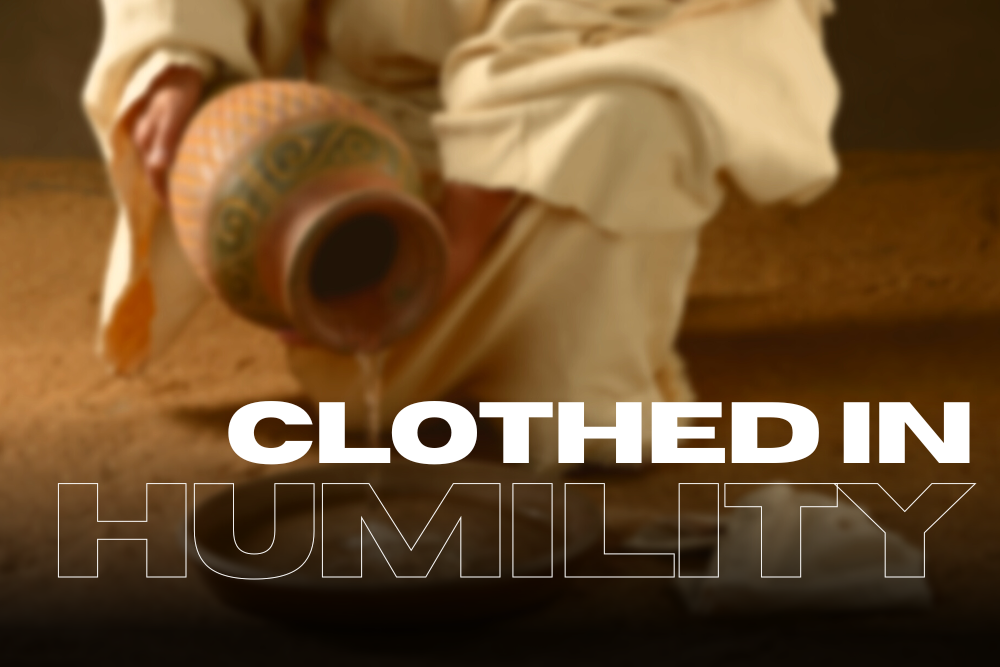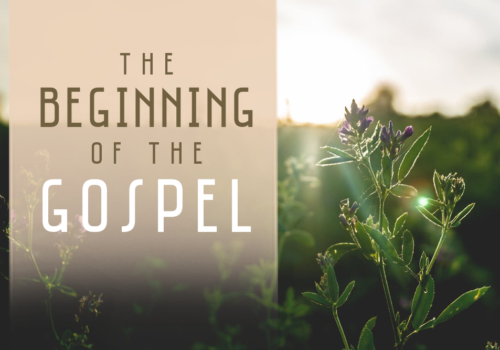I have been sharing the backcloth of my book, From Taskmasters to Tambourines, on its Facebook page for several weeks. The last few posts dealt with humility, and I wanted to continue the thought here.
Oswald Chambers writes, “If humility were put up as an ideal it would serve only to increase pride. Humility is not an ideal, it is the unconscious result of the life being rightly related to God and centered in Him.”[1]
Solomon penned, “Be not rash with thy mouth, and let not thine heart be hasty to utter anything before God: for God is in heaven, and thou upon earth: therefore let thy words be few” (Ecclesiastes 5:2 KJV). Even as a devout Jew with knowledge of the Scriptures, think of the times that Simon Peter spoke rashly to the Lord and was so self-asserting:
• challenging Jesus’ crucifixion (cf. Matthew 16);
• directing the Lord as He washed the disciple’s feet (cf. John 13);
• countering the Lord’s words about his future denial (cf. Matthew 26:33-35).
I can’t help but think those times of reproof and perceived humiliation influenced Peter heavily later in life as he asked the saints to be clothed with humility when he penned some 30 years later, “Likewise, you who are younger, be subject to the elders. Clothe yourselves, all of you, with humility toward one another, for ‘God opposes the proud but gives grace to the humble’” (1 Peter 5:5 ESV).
Concerning the word clothed in Peter’s exhortation, Vincent writes, “The last word is a very peculiar one, occurring only here. It is derived from [a Greek word] that means a roll, band, or girth: a knot or roll of cloth, made in tying or tucking up any part of the dress. The kindred [Greek] word, from which the verb is directly formed, means a slave’s apron, under which the loose garments were girt up. Hence the figure carries an exhortation to put on humility as a working virtue employed in ministry. This is apparent from the evident reminiscence of that scene in which Peter figured so prominently—the washing of the disciples’ feet by the Lord, when he girded himself with a towel as a servant, and gave them the lesson of ministry both by word and act. Bengel paraphrases, ‘Put on and wrap yourselves about with humility, so that the covering of humility cannot possibly be stripped from you.’”[2]
The Apostle Paul, around the same time, similarly penned to the Colossians, “Put on then, as God’s chosen ones, holy and beloved, compassionate hearts, kindness, humility, meekness, and patience” (Colossians 3:12 ESV).
“It has often been said that humility was a virtue created by Christianity. In classical Greek there is no word for humility which has, not some tinge of servility; but Christian humility is not a cringing thing. It is based on two things. First, on the divine side, it is based on the awareness of the creatureliness of humanity. God is the Creator, man the creature, and in the presence of the Creator the creature cannot feel anything else but humility. Second, on the human side, it is based on the belief that all men are the sons of God; and there is no room for arrogance when we are living among men and women who are all of royal lineage.”[3]
Have there ever been times in your Christian walk when you mistakenly challenged the Lord regarding His Word, His practice, His knowledge, or Kingdom saints, and then only afterward realized it was a form of self-exaltation devoid of humility?
Thank the Lord for His mercy when you removed the servant’s apron and put on the master’s tunic. It is a thanksgiving we will all offer throughout our Christian walk!



